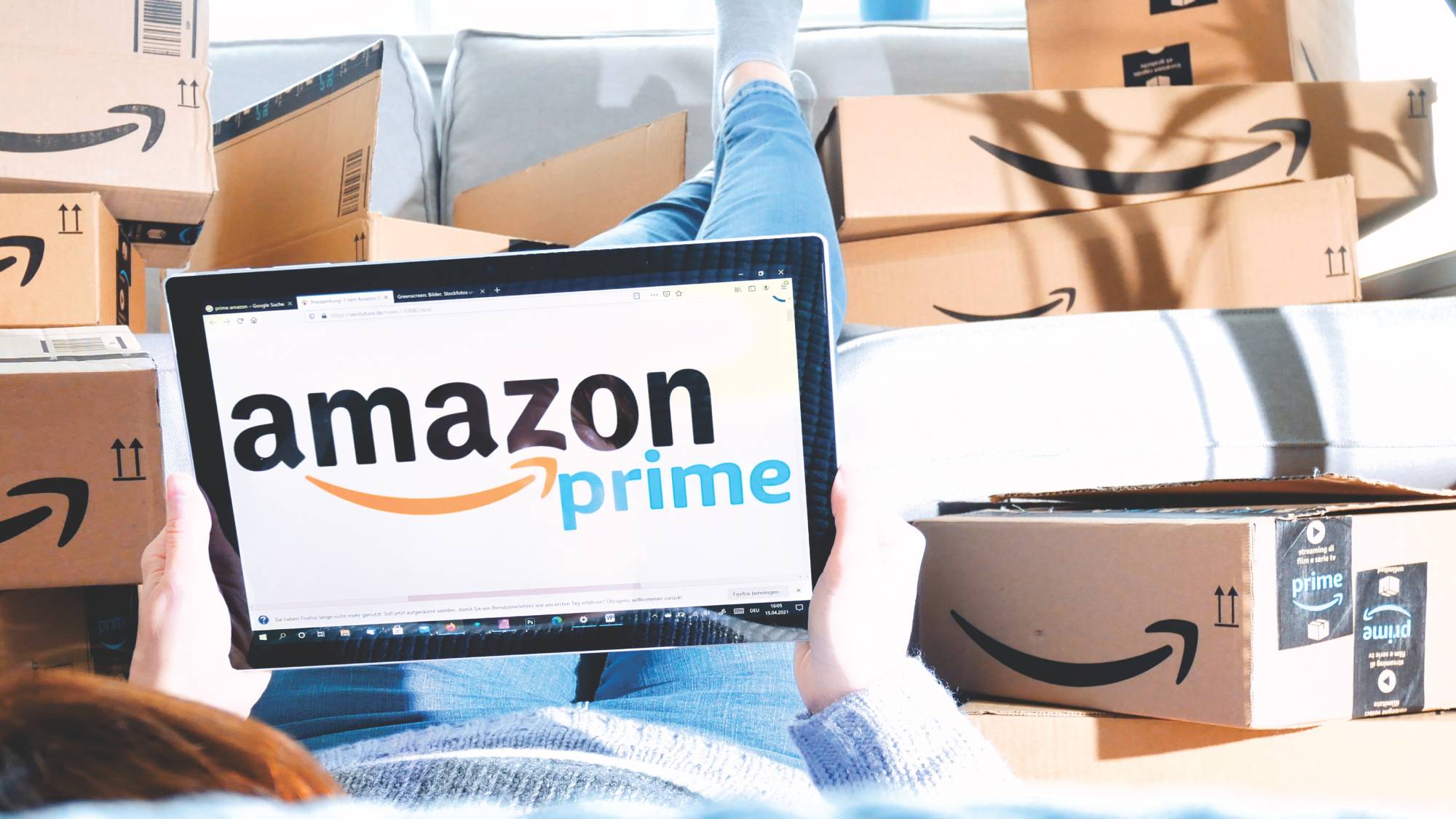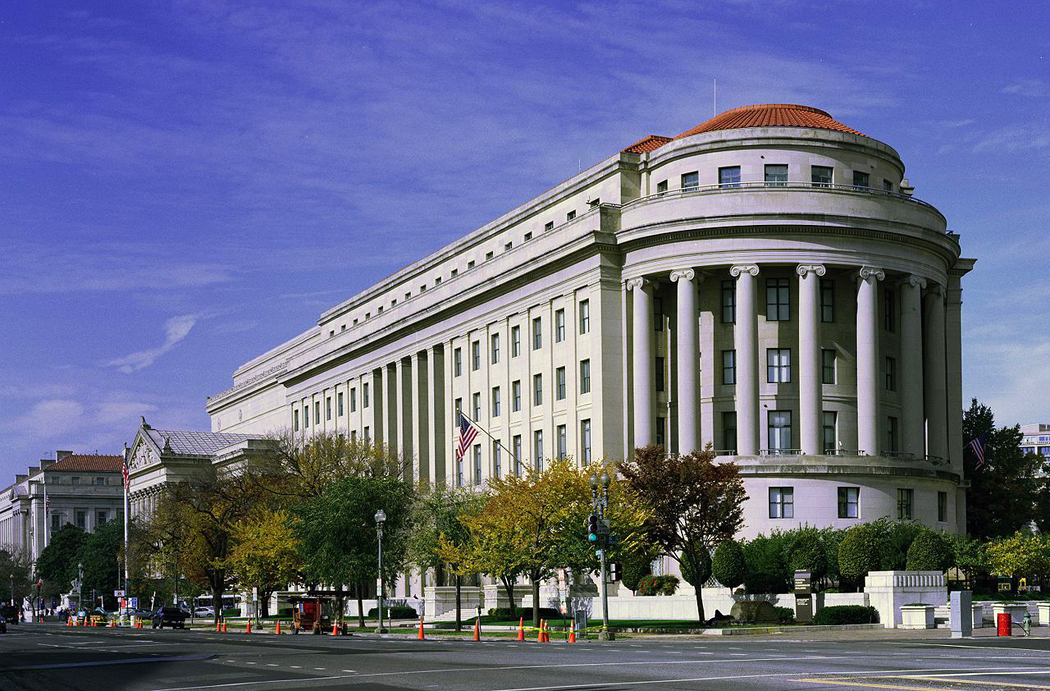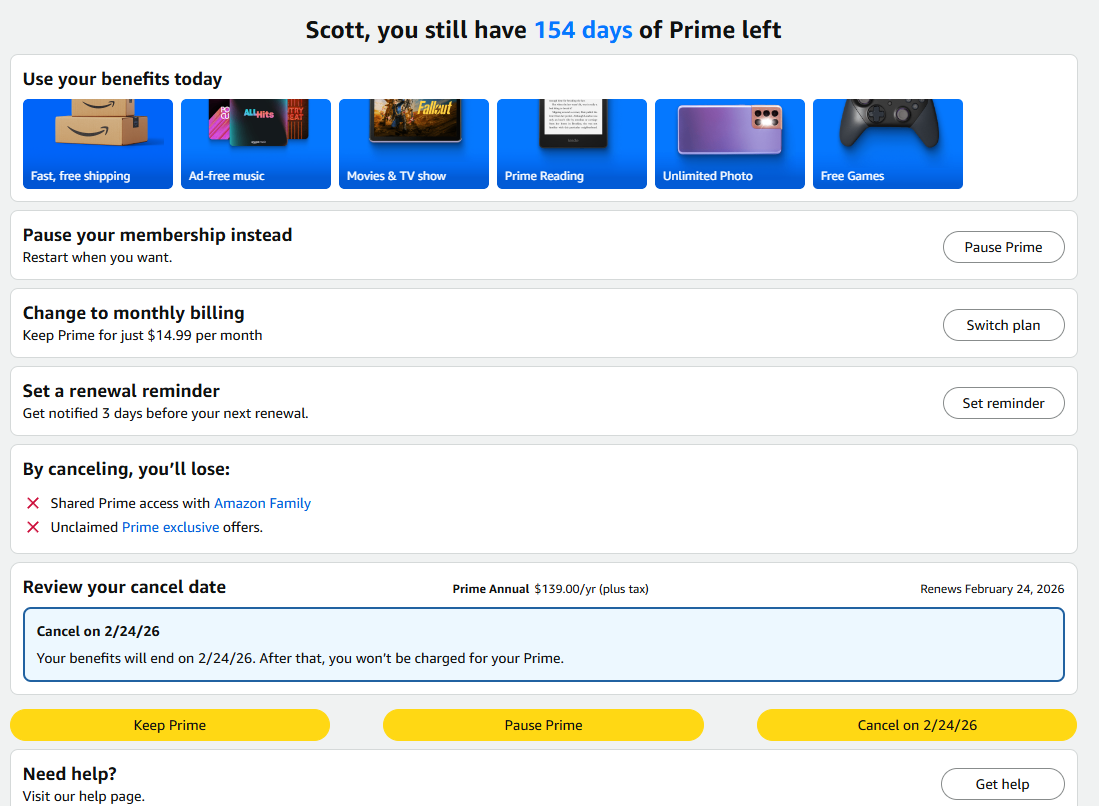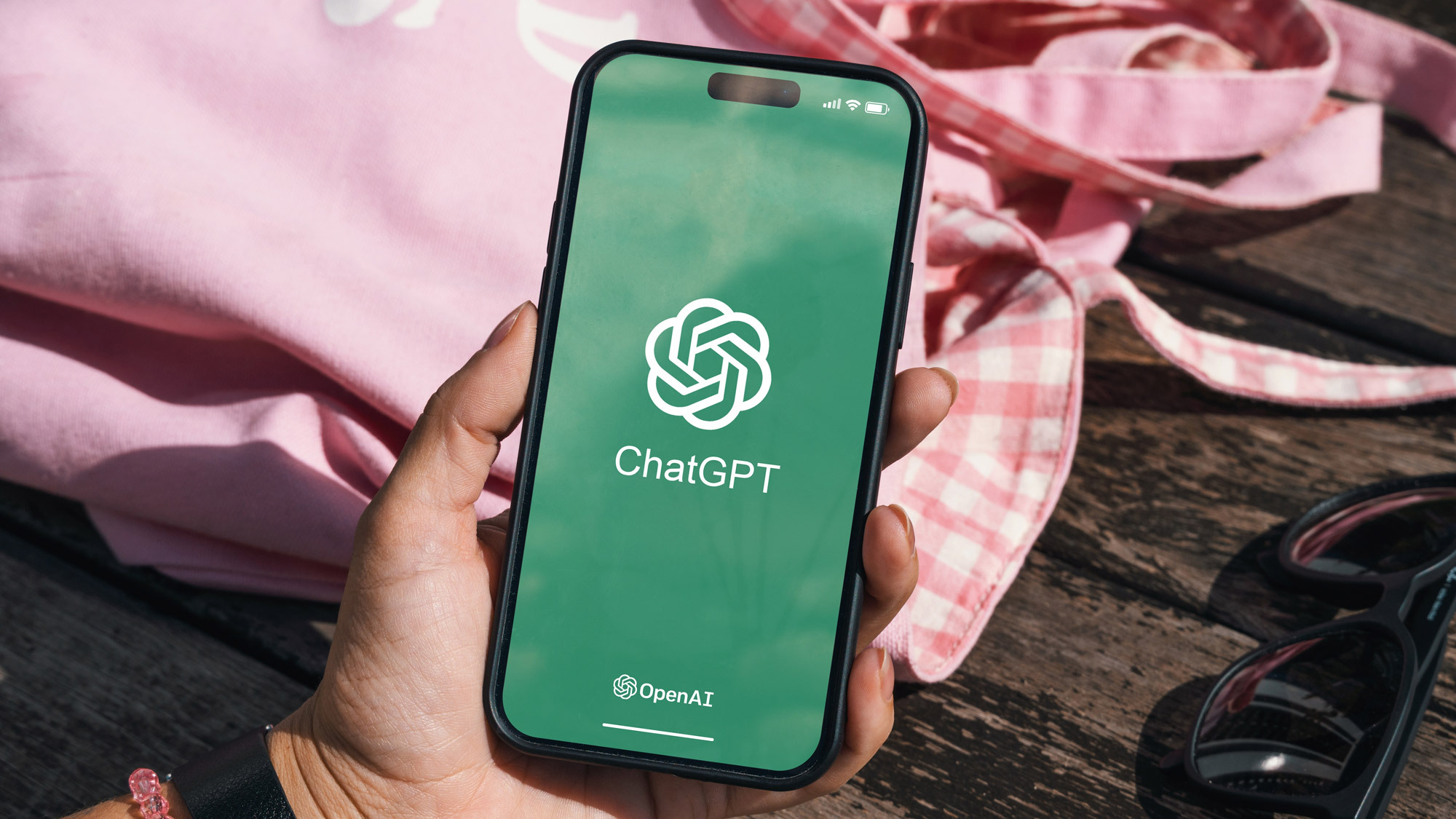FTC is suing Amazon for making Prime Subscriptions tough to cancel — here's that could mean for you
Amazon tricks people into using Prime and then makes it hard to cancel, FTC claims

A lawsuit leftover from the Biden administration is kicking off this week with the Federal Trade Commission suing Amazon over the tech giant's Prime subscription program. The trial is supposed to take place over the next month.
In 2023, an FTC press release claimed that Amazon tricked millions into signing up for a Prime membership and then made it extremely tough to cancel that subscription.
"Amazon tricked and trapped people into recurring subscriptions without their consent, not only frustrating users but also costing them significant money,” former FTC Chair Lina M. Khan said in the release.
Once subscribed, the FTC argues that Amazon deliberately made it harder to unsubscribe because clearer language would lead to immediate drops in subscribers.
Amazon tricked and trapped people into recurring subscriptions without their consent, not only frustrating users but also costing them significant money,
FTC chair Lisa M. Khan
In early August, the FTC filed a complaint alleging that Amazon "knowingly duped millions of consumers into unknowingly enrolling in Amazon Prime. Specifically, Amazon used manipulative, coercive, or deceptive user-interface designs known as “dark patterns” to trick consumers into enrolling in automatically-renewing Prime subscriptions."
“Similarly, Prime’s cancellation flow, known internally as "the Iliad," is a labyrinthian mechanism that Defendants know deters consumers from cancelling or misleads consumers into believing they successfully cancelled Prime when they in fact did not,” the FTC said.
The lawsuit was filed two years ago under the Biden administration, led by Lisa Khan. It's not the only FTC lawsuit against Amazon from that era as a major antitrust suit is in the works and set to go on trial in 2027.
Get instant access to breaking news, the hottest reviews, great deals and helpful tips.
Prime and its related Prime Day sales move massive amounts of money for Amazon. The e-tail giant made more than $44 billion in revenue from subscriptions alone in 2024. Prime Day sales topped $14 billion.
A Prime membership costs $14.99/month or $139 annually.
What is the FTC arguing?

The FTC is arguing that Amazon buried pricing details and subscription renewal terms in the fine print when people sign up for free trials. That included "deceptive" language that tricks customers into signing up for Amazon Prime.
As an example, the deceptive language tempts customers into getting free shipping without sufficiently clarifying that clicking the link signs you up for an Amazon Prime free trial that renews after 30 days.
From there, if you wanted to cancel your Prime subscription, the FTC says that Amazon makes you go through a multi-step process meant to convince you not to cancel. Allegedly, this labyrinthine process is internally dubbed "the Iliad", after the Homeric epic about the Trojan War, famous for the trickery that is the Trojan Horse. A little too spot on.
How hard is it to cancel?

I tried out the cancellation process, and the most frustrating part was finding it. There are two different tabs where it can be found: Prime Membership and Memberships & Subscriptions.
The process tries to tempt you with exclusive offers and all of the benefits that you lose when you cancel, like Prime Video and free shipping.
On the whole, it took about three clicks once I found the page. However, the FTC filing claims that one of the versions featured a banner message that read, "thank you for being a member with us. Take a look back at your journey with Prime," followed by a number of pages before the cancellation could be confirmed and finalized.
The government agency says that people might believe that when that banner pops up, the process is done, and they don't have to do anything else to cancel.
The FTC alleges that these practices violate section 5 of the FTC Act, which prohibits "unfair" practices. They also go against the Restore Online Shoppers Confidence Act, which asserts that companies need to clearly disclose all terms to customers before being shown billing forms, get explicit consent for incurring charges and make cancellation simple.
Trickery and Dark Patterns
Amazon isn't alone in allegedly using confusing language or processes to stop people from giving them money.
A study from 2024 found that so-called "dark patterns" are a common tactic to manipulate users. That study found that in a review of nearly 650 websites and apps with subscriptions, 76% were using dark patterns to retain subscribers.
"The potential dark patterns most often encountered during the review were sneaking practices, which involve hiding or delaying the disclosure of information that might affect a consumer’s purchase decision," the International Consumer Protection and Enforcement Network said in the study.
The European Union is also looking to address these issues with the Digital Fairness Act, which could go into effect in 2027.
Click to Cancel

The lawsuit appears to be moving forward, but it remains to be seen how forcefully the current Trump administration argues against Amazon. The new FTC has been friendlier to big tech, having axed the Biden-era "click to cancel" reform.
That plan would have required all businesses to make cancelling subscriptions as simple as one click. The plan was nixed by the Trump administration.
Still, if it goes forward, a judgment against Amazon could spark a chain reaction across subscription-based services as they scramble to alter their businesses. As a reminder, government lawsuits can take years to actually conclude, as evidenced by the fact that this lawsuit started in 2023.
Follow Tom's Guide on Google News and add us as a preferred source to get our up-to-date news, analysis, and reviews in your feeds. Make sure to click the Follow button!
More from Tom's Guide
- Still shopping blind on Amazon? This ChatGPT trick helps me avoid bad buys — and it works every time
- Prime Big Deal Days is official and there are tons of Amazon deals you can shop now — I've picked the best ones
- Amazon ends Prime free shipping sharing and lower sign-ups are reportedly to blame

Scott Younker is the West Coast Reporter at Tom’s Guide. He covers all the lastest tech news. He’s been involved in tech since 2011 at various outlets and is on an ongoing hunt to build the easiest to use home media system. When not writing about the latest devices, you are more than welcome to discuss board games or disc golf with him. He also handles all the Connections coverage on Tom's Guide and has been playing the addictive NYT game since it released.
You must confirm your public display name before commenting
Please logout and then login again, you will then be prompted to enter your display name.
